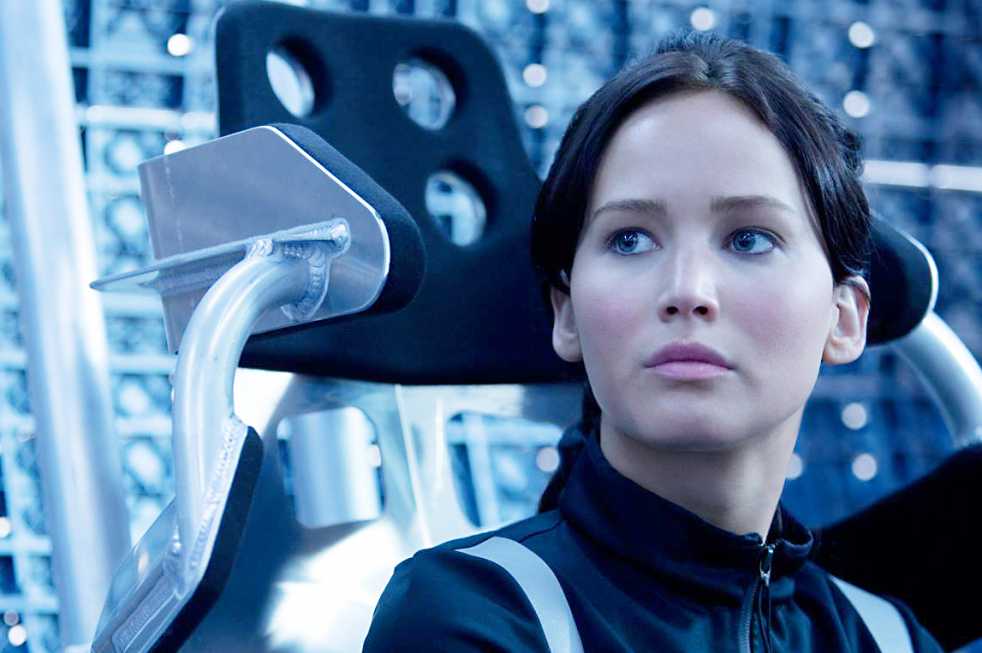Almost since the invention of film, there has been a fascination with adapting novels into motion pictures. Reading a book can never take the place of watching its movie, however, just as watching a movie can never take the place of reading its book; each is an entirely different experience.
Reading allows for individual interpretation, while a movie tends to steer the whole audience toward but one thought. Whosoever controls the pace of the story controls the amount of information being processed, which in turn determines how much the audience thinks about the subject matter.
Readers control their experience; movie audiences are inundated with the interpretations of others. That being said, movie adaptations tend to have varying degrees of success and they spark heated debates as to whether the movie industry is “destroying the canon” or improving upon a work of art.
On the one hand, there are stories such as Eragon by Christopher Paolini where the book is an entertaining jaunt through a magical land that happens to have a dragon as one of the main characters. However, the movie adaptation made little sense without having read the book and has ruined the chance of anyone ever seeing the rest of the series on the big screen due to the filmmakers changing major plot points.
“Readers control their experience; movie audiences are inundated with the interpretations of others.”
At the other end of the spectrum is a little-known work entitled Harry Potter. Both book series follow a young boy who does not know how special his parents, and himself, are. Eventually, said boy discovers magic and friends, goes on cross country journeys to stop an unspeakable terror from taking over the world and struggles to come to terms with how self-sacrificing his friends are.
With such similarities, the contrast between the successes of the two movie adaptations is astounding, until one takes into account that J.K. Rowling helped with the Harry Potter movies, while Christopher Paolini did not assist when Eragon was adapted.
Having the author help in the making of a movie, however, is not everything; the last century’s Three Musketeers movies are prime examples. Since 1903, there have been more than twenty of these film adaptations, but none have been remotely similar to each other.
While some attempt to adhere to the book, others put their own twist to the oft-told story (the most memorable being the recent steampunk version in 2011). Each derivation has its own merits and seems to point to the fact that as long as the screenwriters have a clear idea of what their intentions are from the start, the movie will be bearable and, more than likely, even good, regardless of genre. The problem comes when no one is quite sure whether to follow the book closely or simply keep the names of characters the same; such indecisiveness ruins a movie.
This fall, the movie-going populous will be besieged by adaptations of books ranging from the wildly popular, such as The Hunger Games: Catching Fire and The Hobbit: The Desolation of Smaug, to the obscure Paranoia and ones that should be outright dreaded (Percy Jackson: The Sea of Monsters).
While each book is entertaining in its own right, the movie adaptations are unlikely to follow suit. Judging by the first Percy Jackson movie, this one will do the book a terrible injustice. At least the disappointed viewers have a good chance of being consoled by the innovative Hunger Games series, which has introduced a curious subplot that was not present in the books.
It is, however, doubtful that the 2013 adaptation of The Book Thief will be as thought-provoking as the book, for how can a film portray the thoughts of a little girl during World War II, without boring the audience with voice overs and monologues? With The Mortal Instruments: City of Bones, on the other hand, filmmakers could take the liberty of resolving some of the major plot holes or changing the dialogue into something people might actually say.
This movie and the upcoming Ender’s Game have potential to be brilliant adaptations that rank alongside The Lord of the Rings, or terrible films best forgotten. Either way, it will be an exciting adventure to see all the paper heroes come to life, however ridiculous or laughable a life it might be.
